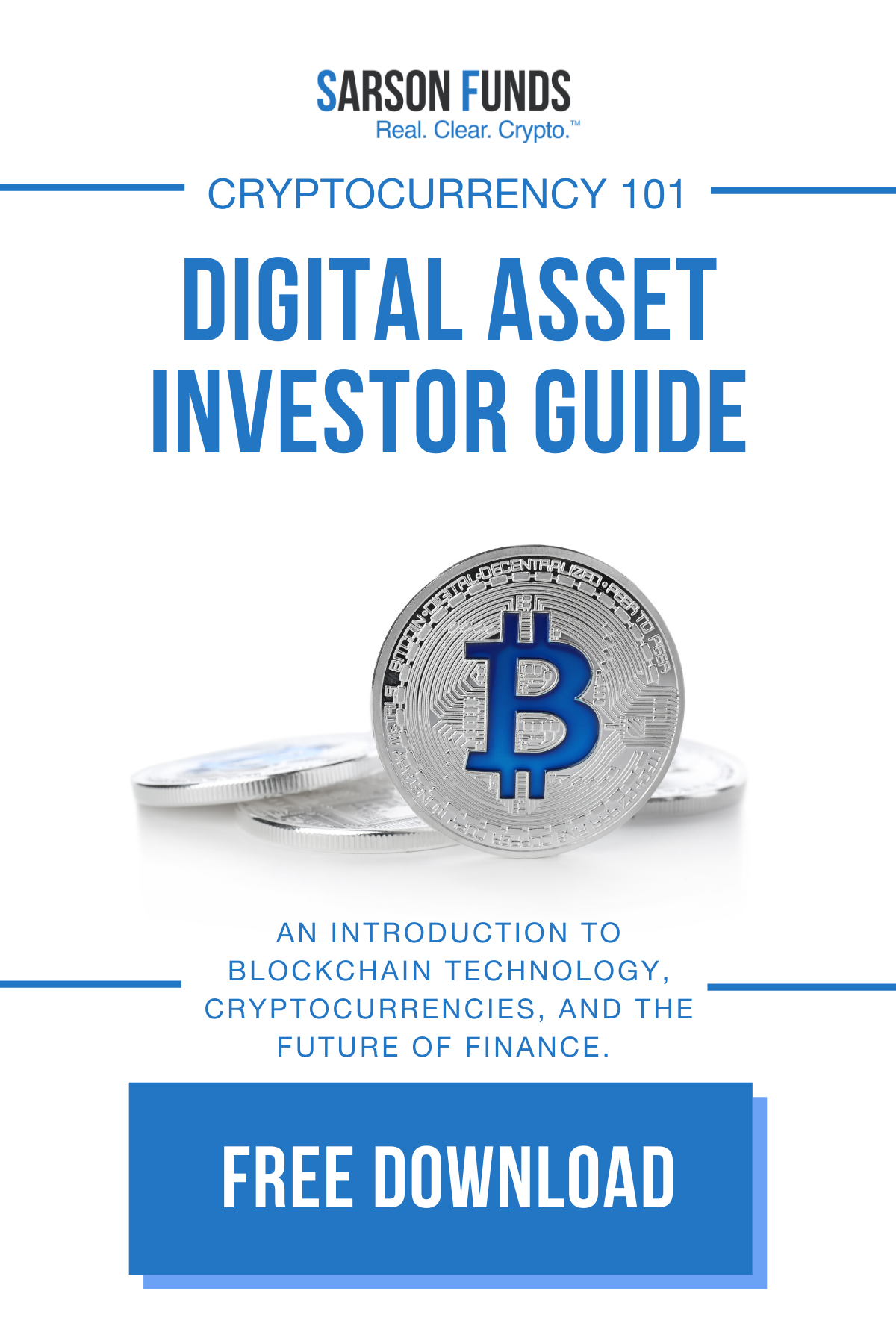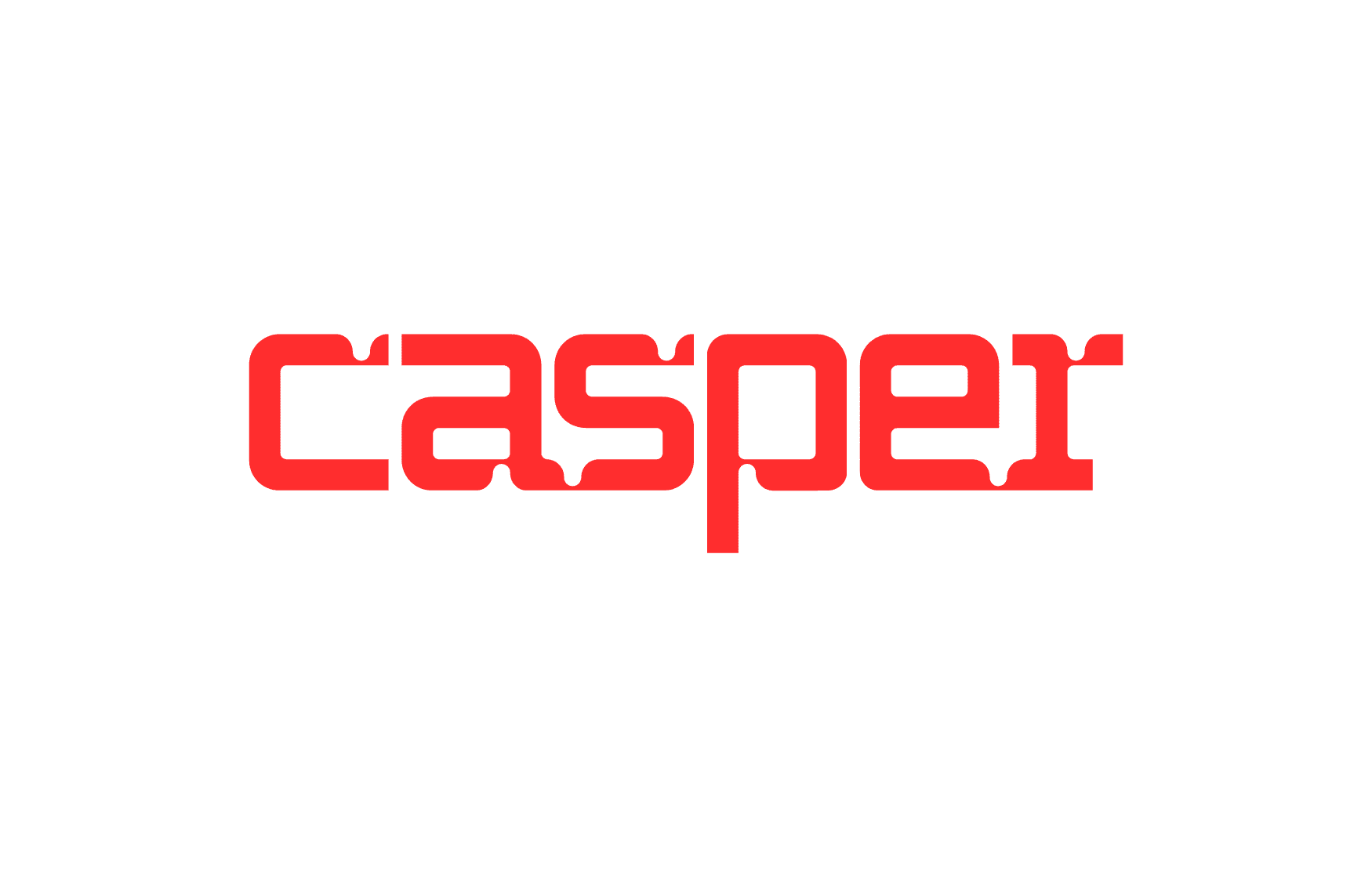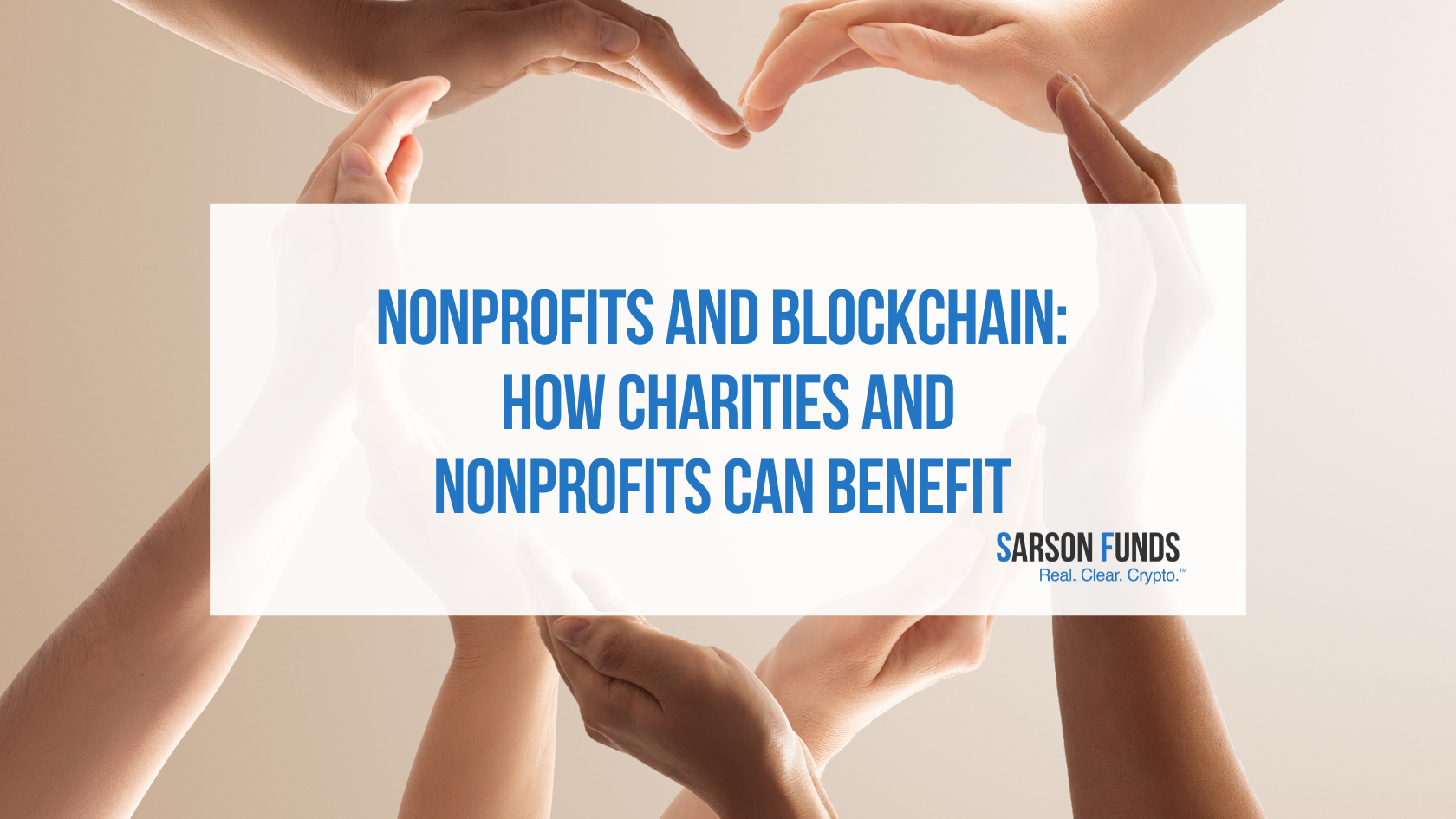
The nonprofit industry is evolving. As donor behaviors and expectations change, nonprofit companies are finding it increasingly difficult to raise the funds needed to support their causes and missions. Blockchain technology, philanthropic tokens, NFTs, and the blockchain community can provide benefits to help the nonprofits keep up.
Donor Challenges
First, donor expectations are changing. There used to be a time when people would make their monetary contributions and then trust that the nonprofit would do the work. These days, people want to be more involved in the cause of the charities they support. People also want to know how much money was raised and how the funds will be used.
As donors begin to behave more like shareholders in companies, charities and other types of nonprofit organizations are tasked with building relationships and maintaining the trust. Longer term relationships and trust are important factors in receiving ongoing support.
As with any industry, scandals happen. When there’s money involved, scandals happen more frequently. The impact can be drastic, especially for nonprofits and fundraising. Greater transparency and greater accountability are important for many reasons, but vital when it comes to identifying potential fraud, theft, and other scandalous activities.
Operational Challenges
From the operational side of the businesses, competition is greater for charities and other types of nonprofit organizations. There are over 1.5 million charity and nonprofit organizations in the US alone, all working to receive grant money, and donor loyalty. Not only do donors have various options to choose from these days, but the availability of information is also greater so it becomes easier to find other alternatives. Nonprofit businesses now must try harder to receive the same amount of support they used to have previously.
Finally, there are process level challenges when it comes to fundraising, managing operations, and building community trust. For example, to maintain community engagement, multiple touchpoints need to be addressed on a consistent basis. From email communication, events, social media posts, videos, newsletters, etc. there are many resources required and salaries to be paid. In other words, less time, and resources (both human and financial) can be spent on the cause as more is needed for operations.
Solutions Through Technology
Traditional means of fundraising efforts have included grant writing, fundraising events, etc. which grouped together, can be a drain on resources. When less money is available for allocation directly toward the cause an unending cycle of trying to balance donor trust and expectations with fundraising initiatives is created. Actively working on donor retention, brand image, and process efficiencies become increasingly important in retaining the interest of supporters and having a successful nonprofit organization. This is where blockchain helps.
Nature of Blockchain
Blockchain relies on a network of computers that work together to record and confirm transactions. Therefore, blockchain enabled systems deliver transparency and immutability into the operations of nonprofits. The transactional data is irreversible and unable to be changed because of the way transactions are recorded. What this means is that transactions are easy to trace and nearly impossible to duplicate or counterfeit, solving many of the operational and trust challenges faced by charities and other nonprofits.
Smart contracts are another benefit of blockchain technology that nonprofit organizations can use. A smart contract is a predetermined set of instructions saved on the blockchain that allow things to happen once certain situations occur. Internal operations can be managed much more efficiently in this way through automation of the system. The smart contracts also enable regulatory components and transaction audits to be built into the contracts eliminating fraud other similar problems.
Fundraising
When it comes to fundraising efforts, organizations need to rely on multiple sources of financing other than grants and loyalty donations in order to continue to grow and support its mission. Cryptocurrency donations are a new stream of donations for charities and other nonprofit entities. There are currently with more than 220 million cryptocurrency users worldwide. As this number continues to grow, the number of people able to make donations also continues to grow.
Crowdfunding is another form of fundraising that allows businesses to raise funds from regular people in small investment amounts. Blockchain makes the funding process safe and transparent opening up a whole new group of donors. The emergence of companies such as the Giving Block also make it easier for charity organizations to accept donations in multiple cryptocurrencies.
NFTs
NFTs help organizations with their brand imaging, raise funds, build communities, and foster loyalty through memberships, events, and other perks that are built into owning an NFT.
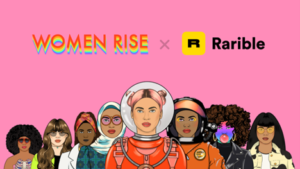
Women Rise is an NFT project that invests in education advocates and activists who help challenge policies and practices that prevent girls from going to school in their communities. Ownership includes invitations to social clubs that support the project’s mission.

Buy My Cancer is another project that uses NFTs to help raise funds. Real cancer patients’ cancer cells are imaged and then sent to an artist who uses the images to create pieces of artwork on canvas. The entire process is recorded into the NFT during its minting process and any funds raised are given to the patient’s cancer treatment.
Philantropic Tokens, DeFi and Governance
AidCoin is an example of a philantropic token. Owning the token gives tokenholders discounts on experiences and goods offered by celebrities to support their favorite causes.
DeFi companies like Popcorn allow people who want to support a cause while at the same time earn higher yields on their crypto. A portion of their investment into defi projects are given to a charity. Popcorn’s governance structure enables token holders to vote on what charity or social good organization their funds are given to.

Some other charities that have already successfully implemented blockchain solutions are World Food Program, the Alice Funding Platform, the American Cancer Society, and Unicef Australia to name a few.
Written by Jenell McLaughlin
Disclosures: Not investment advice. It should be assumed that Sarson Funds or its affiliated managers hold positions in all projects that are discussed. It is not possible to invest in any project directly through Sarson Funds, Inc. or its affiliated managers. Any investment product offered by managers affiliated with Sarson Funds should be assumed to be only available to Accredited Investors and subject to the individual terms and conditions of that offering including but not limited to those eligibility requirements associated with U.S. Securities Regulation D, section 506c. Talk with your financial advisor before making any investment decisions or have them contact Sarson Funds directly at info@sarsonfunds.com
